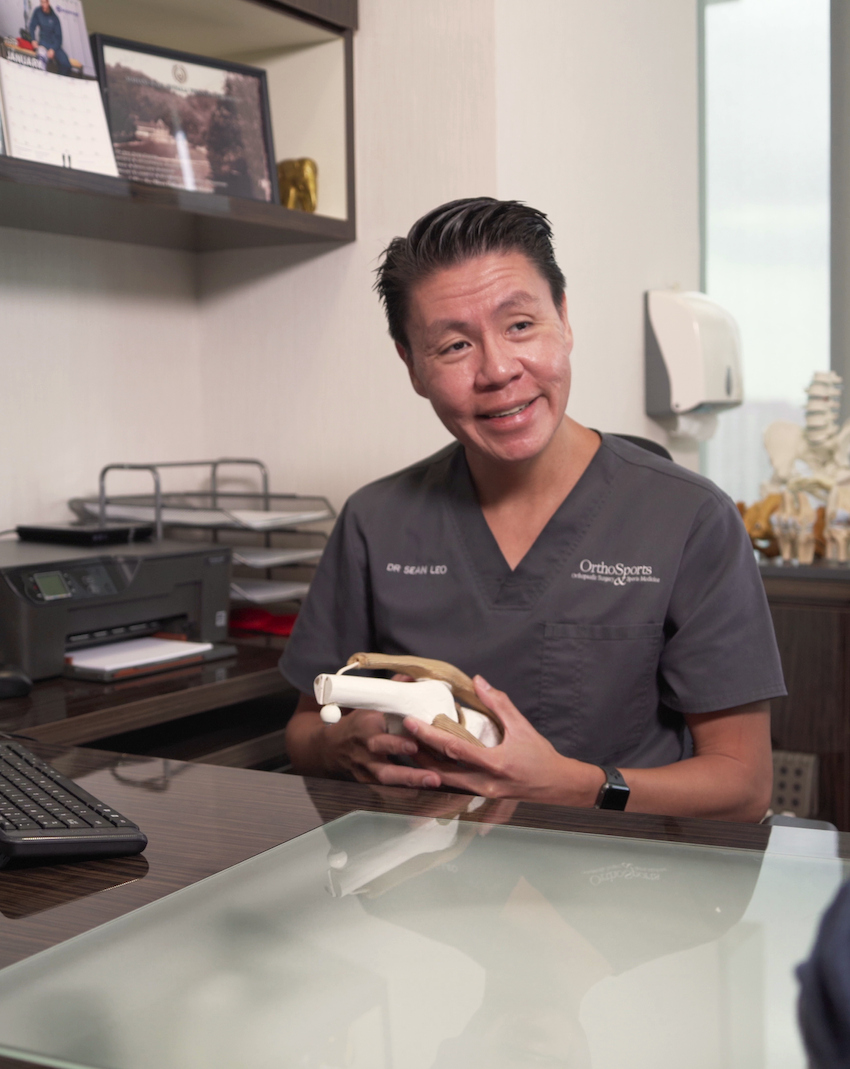ALL YOU NEED TO KNOW ABOUT
Shoulder Tendinitis and Tendinosis: Comprehensive Guide to Understanding, Treatment, and Recovery
Shoulder Tendinitis and Tendinosis: Comprehensive Guide to Understanding, Treatment, and Recovery
What is Tendinitis and Tendinosis?
Shoulder tendinitis and tendinosis are conditions that affect the tendons in the shoulder, particularly the rotator cuff and biceps tendons. Tendinitis refers to acute inflammation of the tendon, usually due to overuse or repetitive strain. Tendinosis, on the other hand, is a chronic condition involving tendon degeneration without significant inflammation. Both conditions can lead to pain, reduced mobility, and functional limitations.
Early diagnosis and appropriate management are important to prevent the progression of tendon tears.
Causes of Tendinitis and Tendinosis
Common causes include:
- Repetitive Overhead Activities: Common in sports like swimming, tennis, and badminton.
- Poor Posture: Can increase shoulder impingement and tendon stress.
- Sudden Increase in Activity: Especially without adequate conditioning or warm-up.
- Ageing: Tendons naturally lose elasticity and strength over time.
- Shoulder Impingement: Compression of the tendon within the joint space during movement.

Symptoms of Tendinitis and Tendinosis
Typical symptoms may include:
- Shoulder pain that worsens with movement or activity.
- Tenderness at the front or side of the shoulder.
- Difficulty reaching overhead or behind the back.
- Stiffness, particularly in the morning or after rest.
- Weakness or fatigue in the shoulder muscles.
Diagnosis of Tendinitis and Tendinosis
Evaluation typically includes:
- Physical Examination: To identify areas of tenderness, weakness, and restricted motion.
- Ultrasound: Useful for detecting tendon thickening, inflammation, or degeneration.
- MRI: Provides detailed imaging of tendon integrity and surrounding joint structures.
Treatment Options for Tendinitis and Tendinosis
Treatment usually begins with conservative, non-surgical approaches.
Non-Surgical Treatments
- Rest and Activity Modification: Avoiding aggravating movements.
- Ice Therapy: Applied to reduce pain and swelling.
- Anti-Inflammatory Medications: For pain relief, especially in tendinitis.
- Physiotherapy: Focused on strengthening, stretching, and correcting movement mechanics.
- Shockwave Therapy: May help stimulate healing in chronic tendinosis.
- Corticosteroid Injections: Occasionally used to reduce inflammation in acute tendinitis.
Surgical Treatments
Surgery is rarely needed but may be considered for severe, persistent cases or associated tendon tears. Options include:
- Arthroscopic Debridement: Removal of damaged tendon tissue.
- Tendon Repair or Release: For structurally compromised tendons.

Recovery and Rehabilitation
Most individuals recover with conservative care over several weeks to a few months. A structured physiotherapy programme is essential for regaining shoulder strength, flexibility, and stability. Avoiding sudden increases in activity and maintaining good posture are key to preventing recurrence.

When to See a Doctor
Frequently Asked Questions
How much does a consultation cost?
Our consultation fees are structured to reflect the time and expertise required to provide thorough and personalised care
for each individual case.
- Initial Consultation: Fees range from $150 to $200, depending on the duration and the complexity of the case.
- Follow-Up Consultations: Fees range from $80 to $120, depending on the duration and the complexity of the case.
Can I use Medisave for treatment with Dr Sean Leo?
Yes, Medisave can be used for eligible treatments with Dr Sean Leo, such as approved surgeries and procedures performed
by accredited specialists.
How to confirm eligibility:
- Consultation: Dr Sean Leo will inform you if your treatment is Medisave-claimable.
- Verification: Our staff will verify your procedure's eligibility.
- Claim Assistance: We’ll assist with the necessary documentation and submission process.
For more information, feel free to contact our clinic for assistance.
How can I claim insurance for my treatment?
For other insurance policies, we can help by liaising with your insurance agent to provide the necessary documents for your claim. Speak to our friendly staffs for the procedure and list of eligible insurance.
Are MRI scans, X-rays and Ultrasounds available to be done with Dr Sean Leo?
Yes, we offer MRI scans, X-rays, and ultrasound services at our clinic. We will assist in arranging these diagnostic tests for
you if needed. X-rays can typically be completed and ready on the same day, depending on availability at the radiology
department. We also have ultrasound machines in both clinics for diagnostics and therapeutic procedures.
For more details or to schedule an appointment, please contact our clinic for.
Are there non-surgical treatment options available?
Yes, non-surgical treatment options are available and can vary depending on the condition. These may include physical therapy, medication, injections, or other minimally invasive procedures. The most suitable treatment will depend on the severity of your condition and your individual needs. Dr Sean Leo will assess your condition and discuss your requirements to recommend a personalised treatment plan.
Book an Appointment
Leave us a few details and Dr Sean’s team will get back to you shortly.

